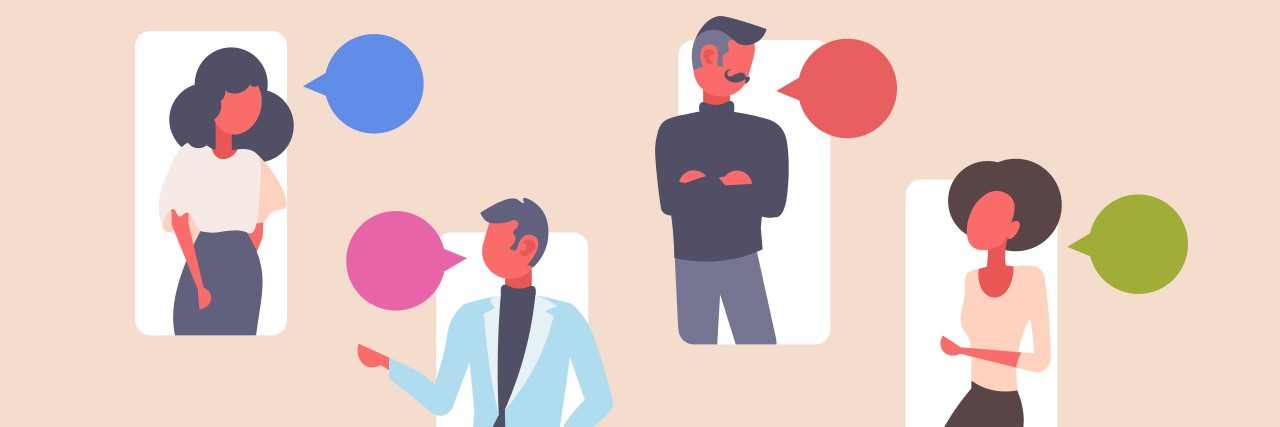One of my favorite parts about being a self-advocate is speaking and educating people. I’m very lucky to have the verbal skills to do this and I consider myself an ambassador for the autism community. I speak at conferences, trainings, schools etc. I’ve gotten the opportunity to speak to doctors, parents, and the community at large. That being said, I have a huge issue with the way people come up to me and talk to me after a presentation or just out in public. Most people are well-intentioned, but they can be insulting and ignorant. The following is a list of some of the ways I’ve been approached.
1. “You are so articulate!” I hate this one. This usually happens in professional settings. Nobody goes up to the neurotypical speakers and says this. Why should I be any less well-spoken than my neurotypical peers and colleagues?
2. “I never would have guessed you were autistic. You present yourself so well.” This is not a compliment! It has taken a lot of effort to allow myself to look autistic in public, and most of the time, I still try to hide it, which is just unbelievably exhausting. Right now, I’m working on being more autistic in public, so masking doesn’t take such a toll. It also insults every single autistic person, mild to severe. Autism pervades every inch of our lives. When we manage to make it through a day or even a simple task, to me that is presenting yourself well. Being able to overcome the obstacles we have is presenting yourself well. Not the ability to hold in your stimming in public.
3. Any time someone speaks to me like I’m a child. I am 26 years old. The fact that I have autism doesn’t mean you can or need to speak to me like I’m 3. Society often assumes people who are disabled need to be protected, like children and other “weak” members of society. So, when people talk to someone who is disabled, they often use the same voice they would use with a child. Please stop it. I’ve seen people treat grownups with more education and experience than them like a toddler instead of someone who has a Master’s degree as well as autism.
4. When someone treats me like I have an intellectual disability. Autism is not a cognitive disability, it’s a developmental disability. You can have an intellectual disability along with autism, but they are not interchangeable, despite what people seem to think. You don’t need to tell me how to mail a letter. You don’t need to communicate with my husband when you find out I’m autistic. If I have a question, I will ask. Don’t assume my knowledge is at zero. I might not be able to get through college because of my personal struggles, but I can guarantee I’ve read more books in a week than most people read in a year.
5. “Good luck with your disease.” First of all, I don’t have a disease. It’s a disorder. You can’t catch it. You can’t cure it. It also implies that I want to fix it. There are days where if I could get rid of my autism, I would do it in a heartbeat. For the most part though, I appreciate all the special gifts and talents I have because of my autism. Calling it a disease makes me feel like people don’t think there are any positive sides to autism.
It has taken me a lot of years and work to get to the point I’m at today. Not only have I learned to advocate for others, but I’ve also developed a good sense of advocating for myself and my life. I think anyone can be an advocate. I actually relish these comments and questions now because it gives me the ability to educate people about what autism really is.
Getty image by Gmast3r.

